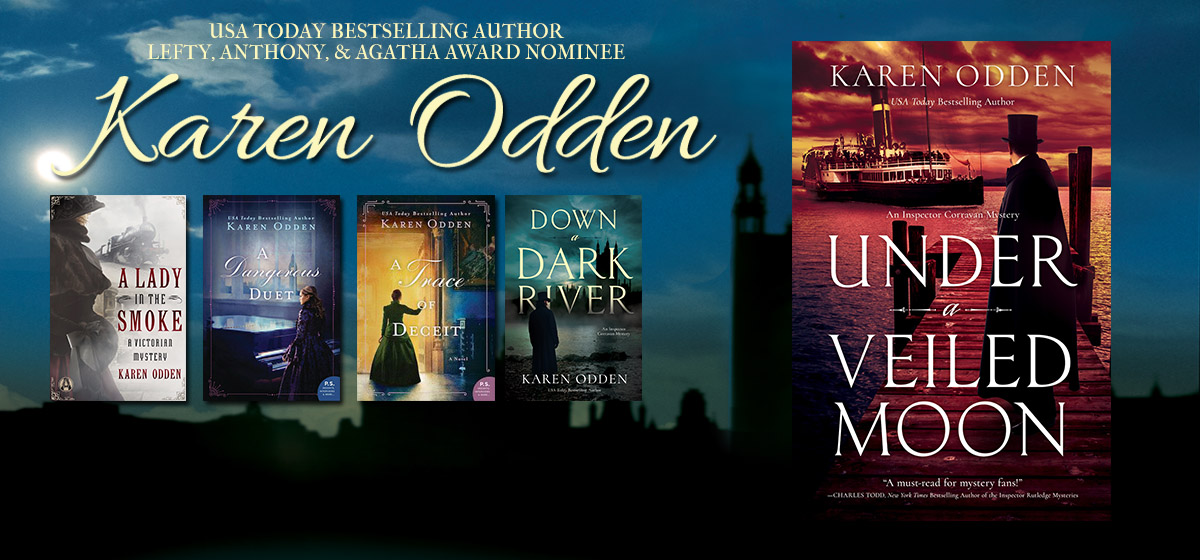Here are my 100 words for this past Tuesday (based on real events):
_____
A stupid busy Monday ahead, and I’m making my to-do list as my son Kyle breakfasts on pumpkin pie (hey, it’s a vegetable). Thirty-one tasks and counting, each of them like a mosquito, small but formidable in a swarm. Return detergent (wrong kind). Write birthday card to Claudia (overdue). Fix vacuum–
“Mom, why doesn’t anyone prefer me?”
I look up to find a milk moustache on my talented, funny son. His gray eyes are sober.
“I mean, at school, I have people to hang out with, but nobody picks me first.”
My heart plummets, and I lay down my pen.
_____
At that moment, a physical pain hollows out the soft place below my ribs, and I feel like a black chasm–bottomless and ancient and roaring with wind–is opening up in front of me.
After a deep breath or two, I come back to myself well enough to know that there’s no black chasm in my kitchen; I’m standing in front of a countertop that still has a splash of leftover sauce from lasagne last night. I also know that it’s not my son’s present situation that opens the chasm of pain and loneliness and anxiety in me, for my son is safe and loved and has friends and coaches and teachers who think he’s amazing. Not that his feelings of longing or sadness or wistfulness aren’t legitimate; clearly something going on that needs to be addressed. But I need to be careful that I don’t place an old chasm of mine in front of his young feet.
One of the most challenging things I’ve found as a writer is examining the emotional baggage I bring with me. It is at once the mulch out of which my best, deepest characters grow and also a potential trap that doesn’t serve me well. So the fact that I was bullied beginning in fifth grade (every recess, I’d run to the swings and jump on, so Mary Frances and Renee couldn’t drag me to the mud puddle in the far corner where none of the playground monitors went), or that my parents weren’t relational and resented having to nurture me (“Damn it, Karen, why can’t you do that yourself?”), fuels a YA character who feels like no one has her back. The trap is that not being chosen then can also cause me to give the feeling of not being chosen today more power than it deserves. (I’ve gotten better at taking rejection, but for several years, it had the power to slam the brakes on my writing effort for a day … or a week … or a month.) And when I find that feeling of “wanting to be chosen” in my child, it stops me dead in my tracks until I remember that I’m the mom; I can help here, even if just by giving him a hug and letting him know that I’d choose him over and over again.
People talk about “the desire for acceptance.” But I think that phrase doesn’t reach quite deeply enough. Most of us want to be not only accepted but chosen. By our parents, by our friends, by our teachers. And as writers–let’s face it–we want to be chosen by an agent, by an editor, by readers. But for most writers, there’s rejection. We’re not picked first. Our manuscript isn’t chosen out of the slush pile the first time, by the first agent we query. And then, if we’re lucky enough to find an agent, our manuscript isn’t picked the first time by publishers. Maybe our first manuscript isn’t picked by anyone. Maybe it’s the second one that gets chosen. And then we’re published and we get our first one-star review–and eighty-nine people “LIKE” that horrible review! (This hasn’t happened to me … yet. But I know someone who did experience this, and it made me want to slap the anonymous cowardly malicious reviewer.)
Being “chosen” is a powerful desire. As a writer, I longed for years to have someone reach out to me and say, “This is amazing! I want to publish your work.” But I’m coming to realize that I have to be careful of where that desire is coming from and how it will influence me. Sometimes the best way for me to feel chosen is to do the choosing myself–to work on my novel today instead of dealing with the mosquitoes.
